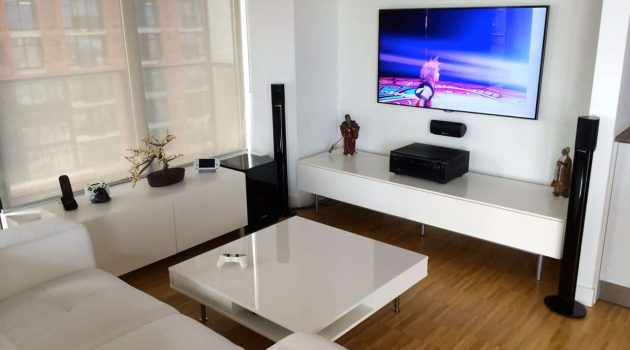Are you dreaming of recording your musical renditions from home? Even if you’re on a limited budget, you can build a robust studio, worthy of professional recordings.
Here are 10 tips to start building your dream recording studio.
1. Pick A Space
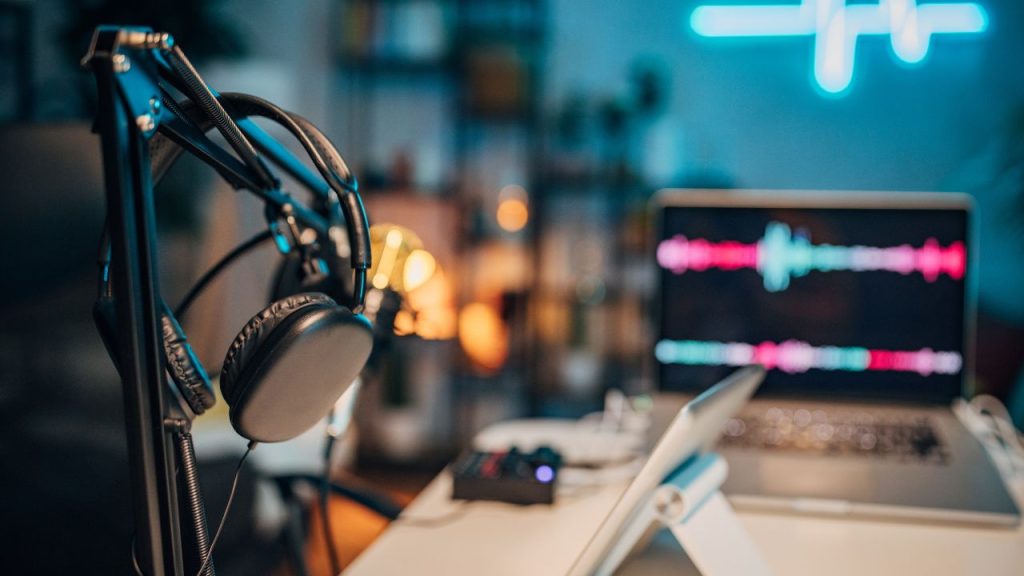
It may seem like a no-brainer, but picking a space for your home recording studio is a key element to success.
Select a space where your music-making and recording will have privacy, be quiet, and be uninterrupted.
For these reasons, many people choose to put the recording studio in a separate outbuilding, a garage, attic, or basement.
These areas are outside of regular traffic flow and will help you create a quiet, private space in a shared home.
2. Check Your Computer
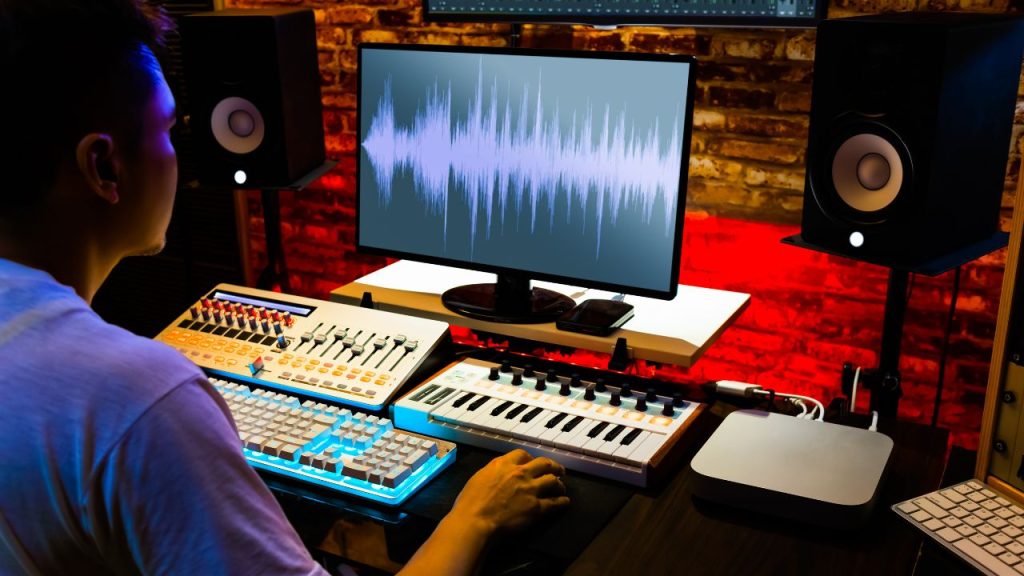
Most likely, you have a computer or laptop that is great for work, browsing, and social media. But is your computer set for music production?
Experts recommend getting the best computer you can afford.
This is the core piece of equipment that you’ll be relying on for sound quality.
3. Get a DAW/Audio Interface Combo
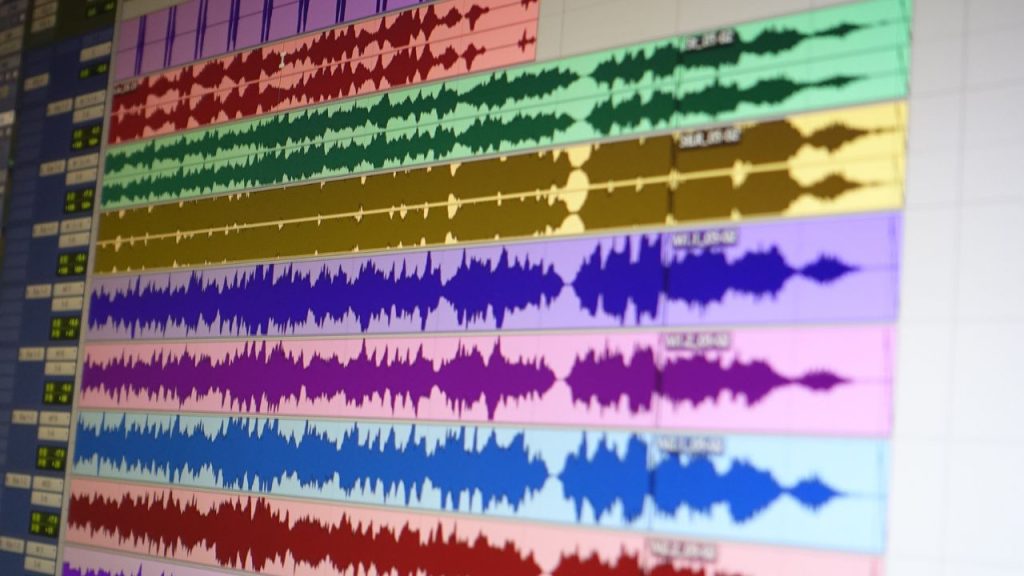
DAW stands for Digital Audio Workstation. In simple terms, this is the software that is used to record, edit and mix music.
In addition to the software, you’ll need hardware, called the Audio Interface.
Music experts suggest it’s easier to buy these as a combo to help simplify decision-making and guarantee compatibility.
Read also:
- How To Make Your Work From Home Space Work for You
- 20 Home Electrical Safety Tips for a Secure and Happy Household
- 9 Items You Need To Have In Your Home Office
4. Select Your Microphones
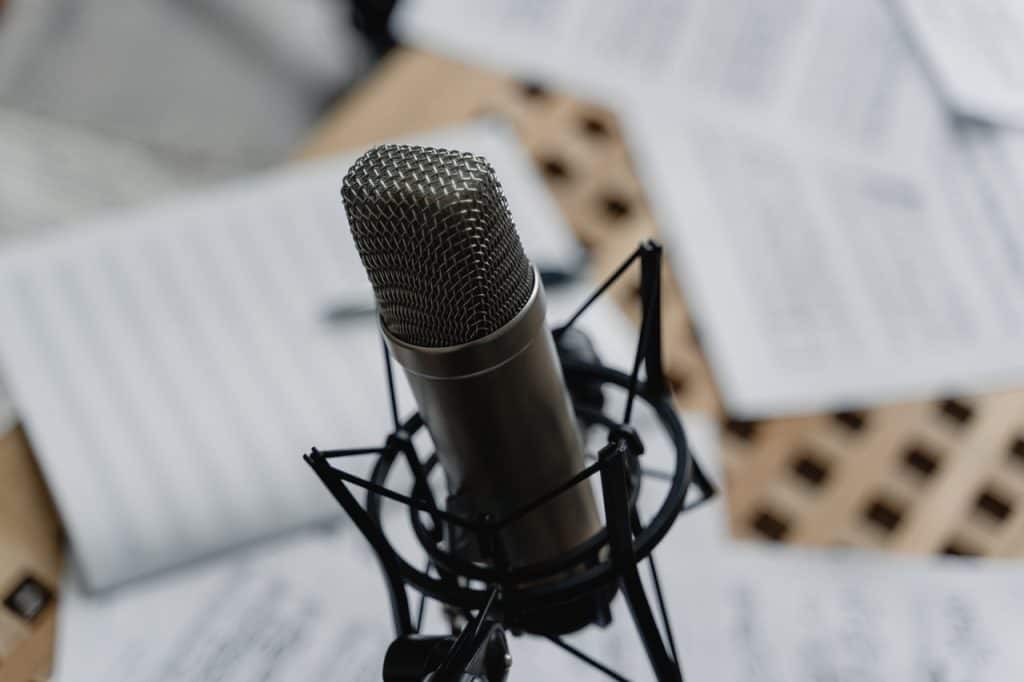
If you’re focusing on a specific instrument such as acoustic guitars, you’ll want to get a small diaphragm condenser mic to start.
These are great for high-frequency-rich instruments such as acoustics and piano.
If you’re focusing on vocals only, though, check out the classic large diaphragm condenser vocal microphone.
Different microphones work best for different instruments. Start with the end in mind, the instrument you’re planning to feature.
You can buy more microphones if you start to play with other musicians and use more instruments.
5. Check The Headphones
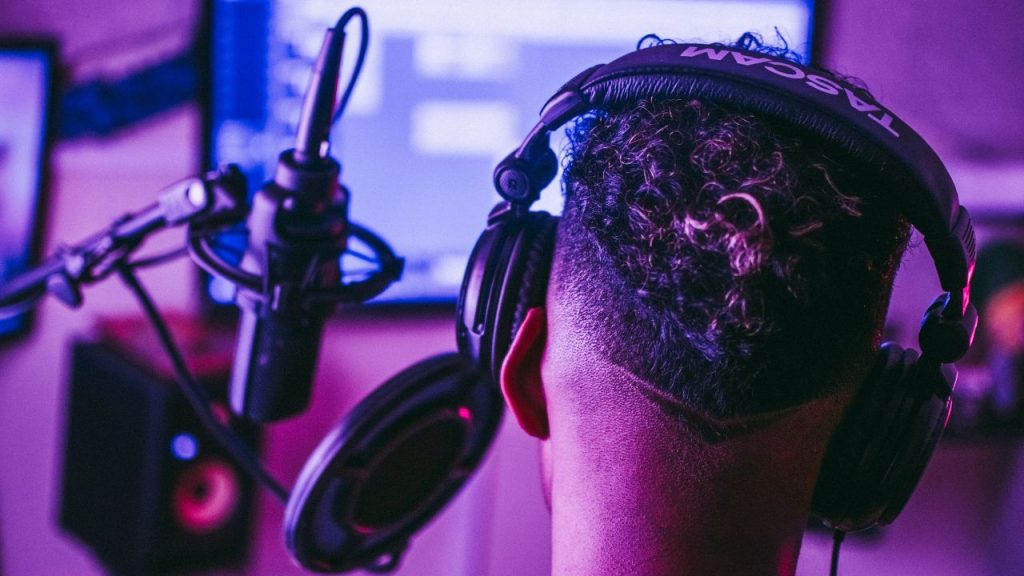
When you’re just starting, you’ll only need one pair of headphones. You’ll use these for tracking and mixing.
The starting type of headphone is usually a closed-back headphone, considered essential for getting optimal isolation of sounds.
6. Consider Studio Monitors
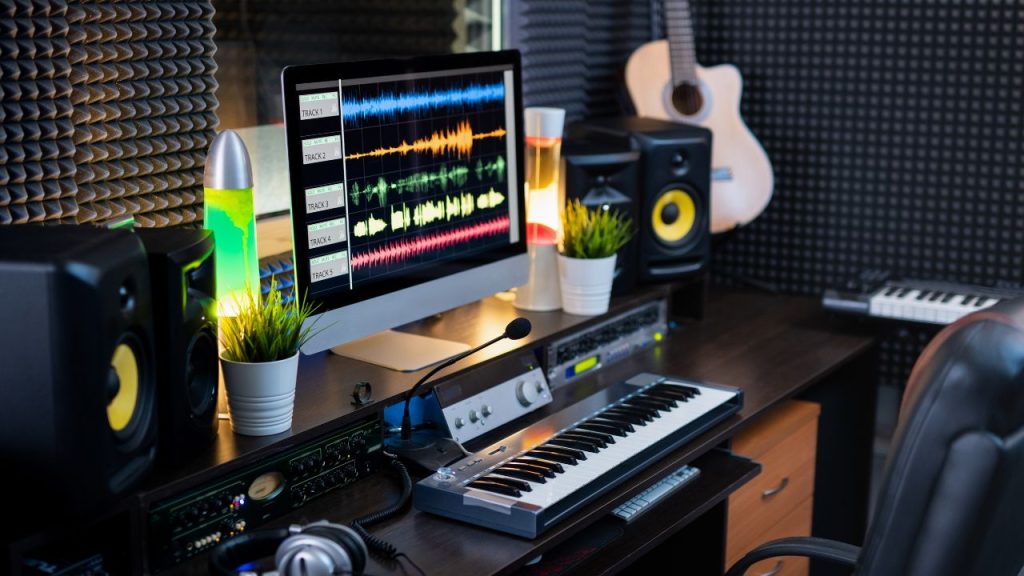
Many home studios slide by doing mixing on open-back headphones. However, studio monitors offer a more neutral sound that many music lovers tend to prefer.
Consider your needs and decide if studio monitors help you mix music to match your preferences.
7. Get Microphone Cables
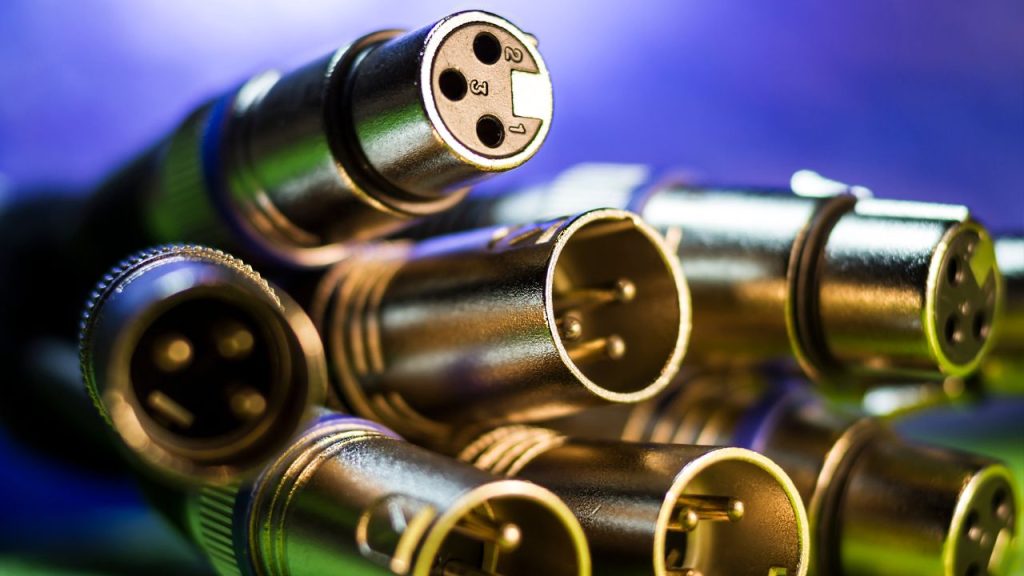
The days of boxes of cables are long-gone. Today, you’ll need three cables: 1 long XLR cable for the microphone and 2 short cables for the monitors.
8. Invest In a Microphone Stand
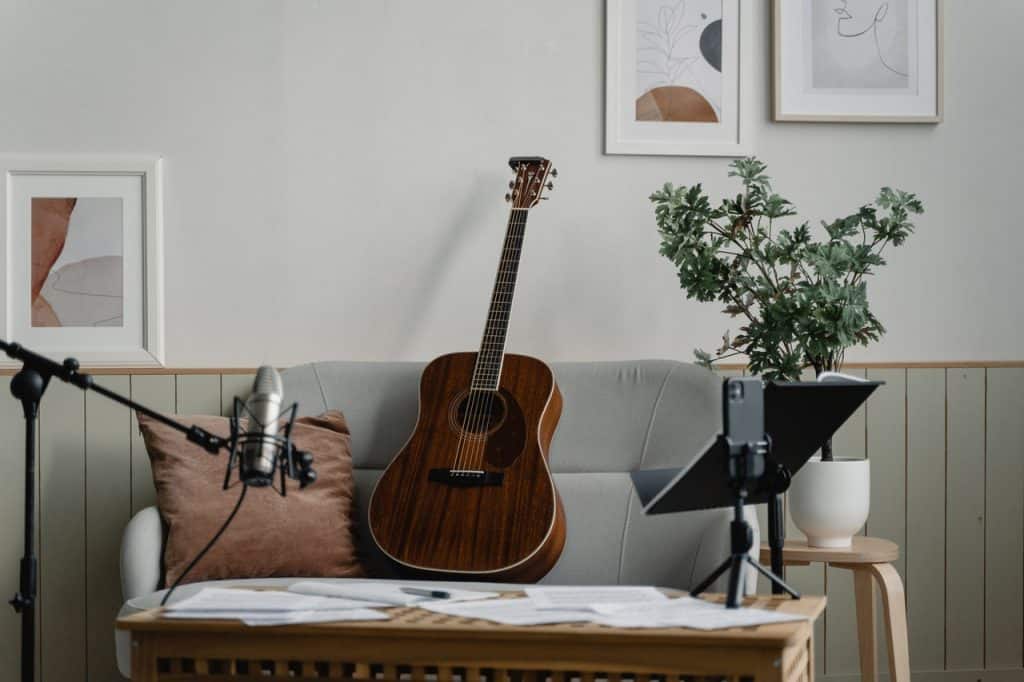
If you’re seeking to skip this due to budget, think again. A strong microphone is a great investment in your recording studio.
If your budget is super tight, you can get by with a cheap stand to get started.
But, you’ll most likely be back at the shop to buy a reliable one as soon as you can blink.
9. Get Pop Filters
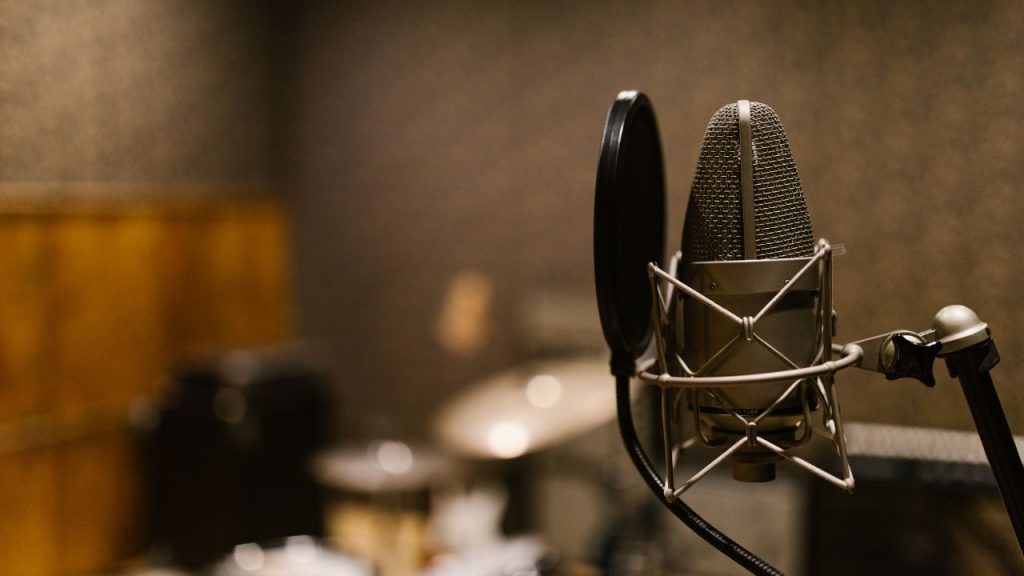
Pop filters are those mesh screens you see covering microphones in a movie. They are pretty inexpensive and can help you feel like a pro in no time.
If you or your friends are recording vocals, you’ll feel like a superstar with a pop filter.
While we’ve been exploring hardware and setup, there’s something that is not included on many lists for setting up a home music recording studio. Curious what it is?
10. Talk With Your Housemates
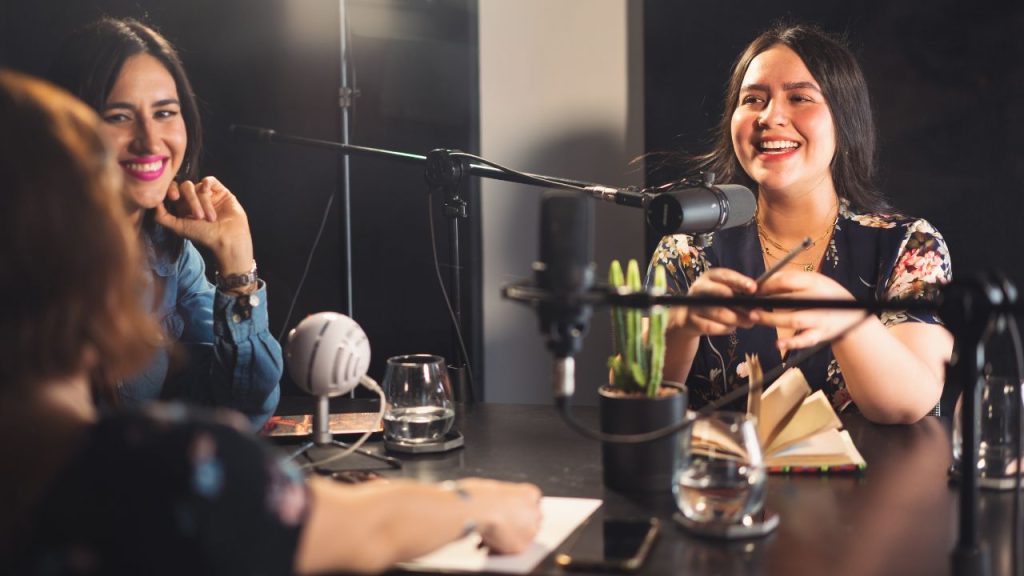
If you’re planning on recording at home, you will affect the lives and ears of your housemates. If you’re living with friends, commit to play and record within certain hours.
You may even want to get a cool coffee station to keep the energy buzzing while you play, record, and mix.
If you’re sharing your home with children, make agreements about the hours for playtime, recording time, and investigation.
Your kids may be fascinated with all the equipment and enjoy spending time with you.
This can be a great way to ignite a lifelong love of music.
If your spouse or partner is a music lover, agree on goals. Perhaps your partner is a singer and would love to make a comeback to using their voice. Talk about when you’ll be in the studio.
With a little discussion in advance, you can make your home music studio a welcome addition to your house, and your relationships.



